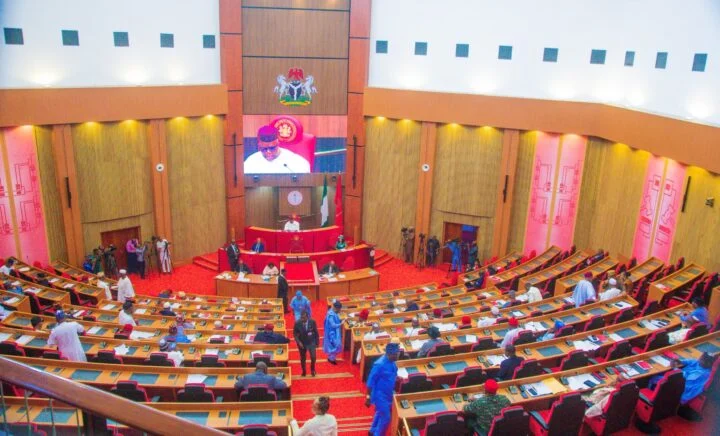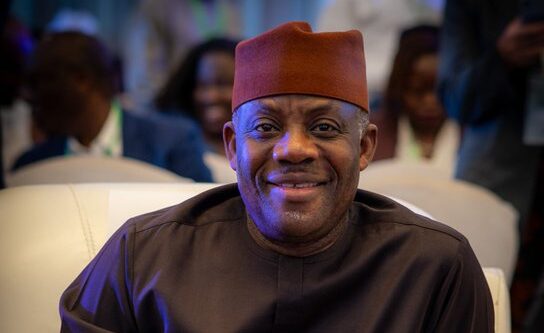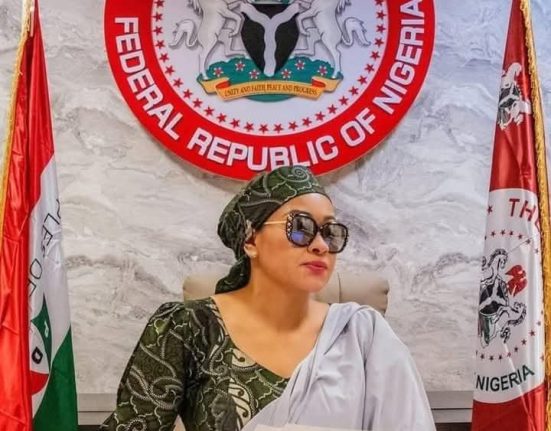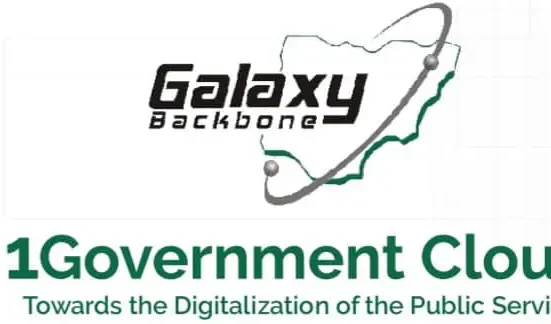The financial allocation from the Federal Government to the management of the National Assembly has seen a dramatic surge over the last two years, rising from ₦126.3 billion in 2022 to a staggering ₦316 billion in the 2024 fiscal year. This represents a 150 per cent increase in budgetary disbursement to the legislative institution’s administrative arm.
The revelation, which emerged from a detailed breakdown of government expenditure trends, has sparked conversations among policy analysts, economists, and civil society groups over the widening cost of governance in a period when Nigeria continues to grapple with rising inflation, mounting debt, and calls for fiscal discipline.
While the official reason for the significant upward review in the National Assembly management’s funding has not been made public, insiders suggest the increase may be tied to recurrent expenditure obligations, administrative expansion, and overhead costs linked to the operation of both chambers — the Senate and the House of Representatives.
The allocation to the National Assembly management is distinct from the salaries and allowances of lawmakers themselves, which are covered under separate subheads in the nation’s annual budget. The management funds primarily cater to the bureaucracy of the legislature, including salaries of non-elected staff, maintenance of facilities, procurement, committee activities, documentation, and general administration.
The sharp rise in funding is coming at a time when many Nigerians are calling for a reduction in the cost of governance and the prioritisation of capital projects and social interventions. The National Assembly, like other arms of government, has been under pressure to demonstrate accountability and prudent financial management in the face of dwindling revenue and growing public concern over the sustainability of Nigeria’s fiscal structure.
Reacting to the figures, some budget analysts have urged the federal government to make detailed explanations available to the public regarding the spike in legislative administrative funding. They argue that transparency in public spending is critical to building trust and ensuring that appropriations reflect national priorities and economic realities.
Meanwhile, the National Assembly’s budget oversight role has also come under scrutiny, with critics questioning whether the legislature can independently audit executive spending while benefiting from such significant financial inflows.
As the 2024 budget implementation progresses, all eyes remain on how the National Assembly management will utilise the ₦316 billion allocation. Stakeholders continue to call for robust accountability frameworks, insisting that in a nation facing pressing development needs, every naira spent must be justified.







